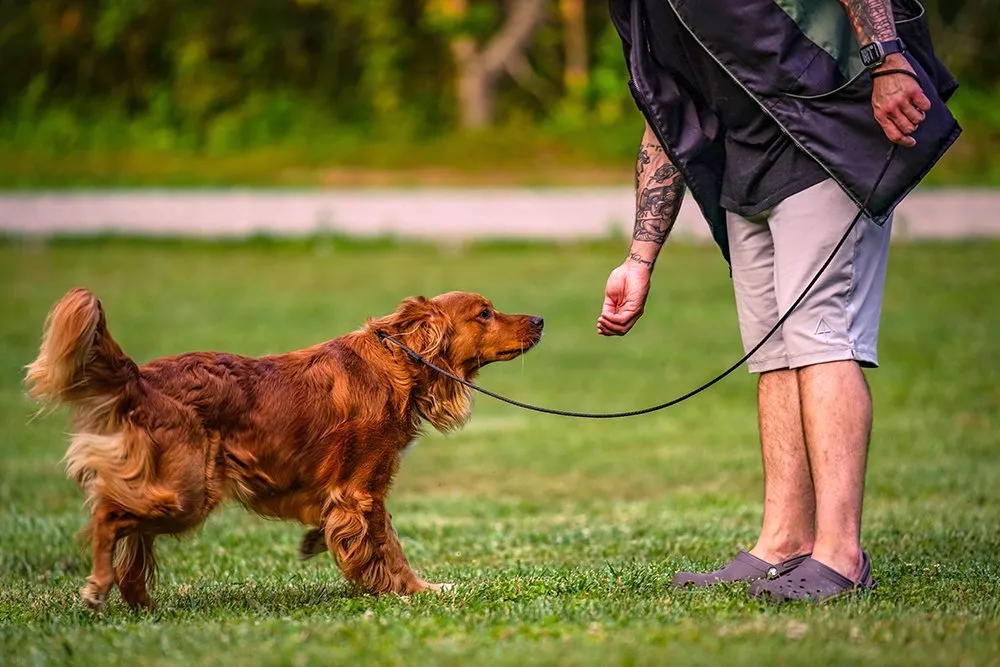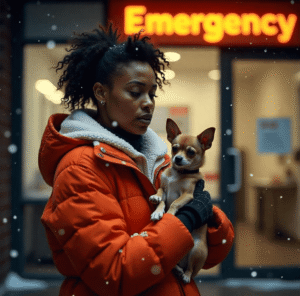
The first few months of a puppy’s life shape their personality, behavior, and ability to learn. During this stage, they’re eager to explore but also quick to pick up both good and bad habits. This is why many owners turn to private training for dogs during early development. By starting young, you can prevent problems before they form, teach healthy behavior, and strengthen the bond with your pup. Early training is less about strict rules and more about guiding your puppy into becoming a confident, well-mannered companion.
What Is Private Training for Dogs?
Private training means working one-on-one with a professional dog trainer who focuses only on your puppy. Unlike group classes filled with distractions, private sessions create a calm learning environment. Lessons are tailored to your puppy’s unique personality, needs, and pace of learning. For example, a shy pup may need confidence-building exercises, while an energetic pup may need focus and impulse control. The trainer also coaches you, so you know how to continue the training at home. With private training for dogs, the learning process becomes personalized, structured, and much more effective.
Why Early Puppy Development Is So Important
The puppy stage is like childhood for dogs—it’s the time when they learn about the world around them. Habits and lessons learned during this stage can last a lifetime. Puppies are more open to learning new things and are less likely to resist guidance. They also go through critical periods where socialization, exposure, and consistent structure shape how they behave as adults. If training is delayed, unwanted behaviors like fear, aggression, or stubbornness can take root. That’s why starting with private training early makes such a big difference.
Key Benefits of Private Training for Puppies
1. Building Good Habits From the Start
Private sessions allow you to teach essential behaviors before bad habits form. This includes leash walking, sitting calmly, and responding to their name. By learning the right way early, puppies are less likely to develop issues like pulling, jumping, or ignoring commands.
2. Personalized Socialization
Puppies need socialization, but not all puppies handle it the same way. A private trainer can gradually introduce your pup to new people, sounds, and experiences in a controlled environment. This helps them build confidence without feeling overwhelmed.
3. Faster Progress
With private training for dogs, puppies get undivided attention, which often speeds up results. Since lessons are custom-made, the trainer can spend more time on areas where your puppy struggles instead of following a generic plan.
4. Stronger Bond Between Owner and Puppy
Private training isn’t just for the puppy—it’s for the owner too. You’ll learn how to communicate better with your dog, which builds trust and strengthens your relationship. This bond becomes the foundation for all future training.
Common Skills Taught in Early Private Training
Private trainers usually start with practical and essential skills that set puppies up for success. These include:
- House training and crate training: Teaching where and when it’s appropriate to go to the bathroom.
- Basic obedience: Commands like sit, stay, down, and come.
- Leash manners: Walking calmly without pulling or lunging.
- Impulse control: Learning to wait, not jump, and stay calm around distractions.
- Confidence-building exercises: Helping shy or anxious puppies feel safe in new situations.
These skills create the foundation for a polite, well-adjusted adult dog.
How Long Before Puppies Show Results?
Most owners see small improvements within the first couple of sessions. Puppies are fast learners, but they need repetition and consistency to lock in habits. Typically, basic obedience and house training show progress within 2–4 weeks. More advanced skills, like reliable recall or impulse control, may take several months of steady practice. The earlier you start private training for dogs, the quicker your puppy develops positive lifelong behaviors. The key is patience and practicing daily outside of training sessions.
The Role of Owners in Puppy Training
While trainers guide the process, owners play the biggest role in making training stick. Puppies need consistent rules and practice every day, not just during lessons. If you reward the right behavior, use the same commands, and stay patient, your puppy learns faster. Private training also equips you with the tools to handle real-life situations—like greeting visitors, walking in busy areas, or introducing your pup to other pets. Think of it as teamwork: the trainer teaches you, and you guide your puppy.
Why Private Training Works Better Than Group Classes for Puppies
Group classes are useful for socialization, but they can be overwhelming for young puppies. Too many distractions make it harder to focus, especially for dogs that are shy or easily excited. Private training solves this by creating a calm learning space with fewer interruptions. Lessons are tailored, so time is never wasted on things your puppy already knows. Once the foundation is set through private training, many puppies transition to group settings with more confidence. This step-by-step approach builds stronger long-term results.
Mistakes to Avoid During Early Training
Some owners unintentionally delay progress by making common mistakes. For example, being inconsistent with commands or allowing certain behaviors “just once” can confuse your puppy. Skipping practice between sessions slows learning. Punishment-based methods also backfire, as they create fear instead of trust. Another mistake is expecting overnight results—puppies, like children, need time to grow into habits. With private training for dogs, you’ll learn how to avoid these pitfalls and stay on track.
Tips to Support Your Puppy’s Training Journey
Helping your puppy succeed doesn’t have to be complicated. Short, fun training sessions work better than long ones. Use positive reinforcement—praise, treats, and playtime—to reward good behavior. Stay consistent with rules, so your puppy doesn’t get mixed signals. Expose them to new experiences slowly to build confidence without overwhelming them. And most importantly, be patient—every small step is progress. Combined with professional guidance, these tips create a strong foundation for your puppy’s development.
Conclusion
Early development is the most important stage in your puppy’s life. Starting with private training for dogs ensures that good habits are built early, confidence is nurtured, and unwanted behaviors are prevented. It’s not just about commands—it’s about building trust, communication, and a lifelong bond. With the right training, your puppy grows into a well-behaved, happy companion. For expert guidance and lasting results, Prestige Dog Training is here to help you give your puppy the best start possible.

